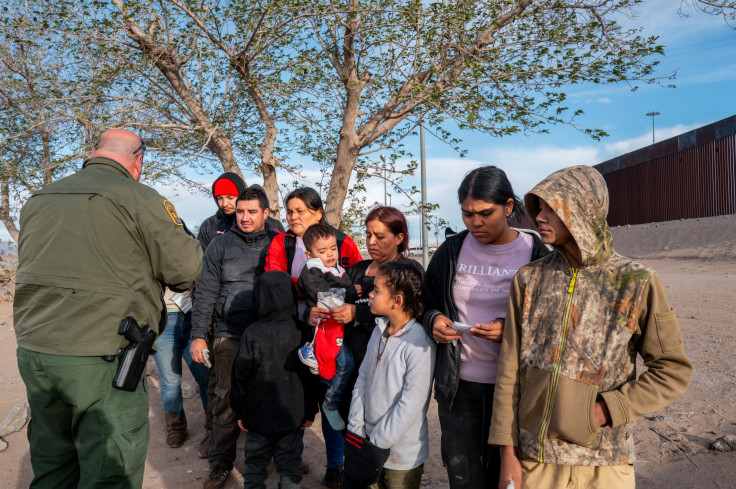
As the Trump administration seeks to ramp up its mass deportation efforts, many migrants are opting to go back home despite the dire conditions and dangers they might face there.
That is the case of Jessika Cifuentes, a 51-year-old Guatemalan migrant who had been in the U.S. for 14 years. In Utah, he ran her own business, forged strong community ties and even became a U.S. citizen.
But following President Donald Trump's re-election in November, months of anxiety over shifting immigration policies and a period of unemployment following layoffs at her company, she decided it was time to pack her bags and go back home to Antigua, Guatemala. She took her two daughters there back in April, who are even more unfamiliar with the city.
"Now, from what I've seen, being a citizen is no longer enough: just being Latino is enough," she told El Nuevo Herald in an interview from Guatemala. "I didn't want to expose myself to that. I couldn't keep living in a place where I'm discriminated against without people even knowing who I am— just because I have a Latino last name."
She is not the only one. A growing number of immigrants are returning to their countries voluntarily in the wake of expanded detentions and deportations, the termination of Temporary Protected Status (TPS) for several nations, the end of humanitarian parole programs for Cuba, Haiti, Nicaragua and Venezuela, and the suspension of new DACA applications, The Miami Herald reports.
Many of them had built full lives in the U.S.— with families, jobs, property and deep roots in their communities. But faced with the threat of detention, family separation and no path to legal status, they have chosen to return— often to countries they haven't called home in decades.
Just like Cifuentes, Juana Iris Estrada, a migrant from Mexico, is preparing to leave the U.S. this summer. She's planning on going to Puebla, a city in east-central Mexico, starting over and raising her two young daughters, ages 9 and 5. Despite being currently protected under DACA, Estreada told the outlet she is scared her protections might vanish at any moment, making her vulnerable to deportation.
"One of the reasons we're leaving is because of everything that's happening under this president's administration," she told the Miami Herald from Washington state. "Honestly, the emotional toll is heavy. I'm a mother. My husband and I both have DACA, and it could be revoked at any moment, leaving us completely unprotected."
Fears of deportation regardless of immigration status are not unfounded. Most notably, a Salvadoran migrant living in Maryland, Kilmar Abrego Garcia, who had been granted deportation protection was taken to a mega-prison in El Salvador. He is now back in the U.S., where he is facing criminal charges.
The Department of Homeland Security reported that in the first 100 days of the Trump administration, more than 142,000 deportations were carried out. In May alone, ICE conducted 190 deportation flights— up from 125 in April— bringing the total to 1,083 for the year, including returns and domestic transfer, according to the Miami Herald.
© 2025 Latin Times. All rights reserved. Do not reproduce without permission.




